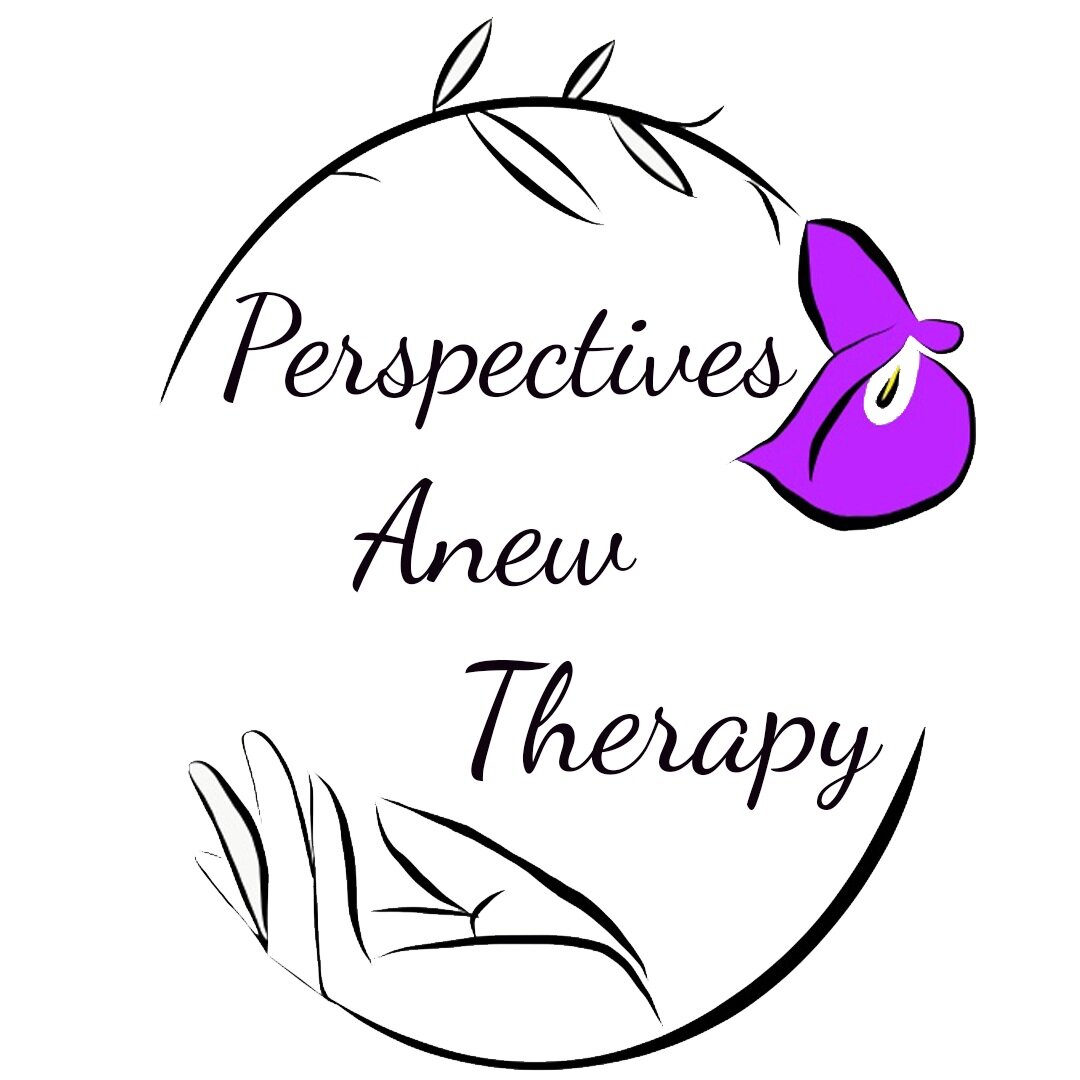Music & Mental Health
Music has been universally adored for what seems like forever. Listening to music, playing an instrument, or singing is part of most people’s daily routine. One study conducted in 2017 found that children and teenagers spend about 2.5 hours per day listening to music. Two similar studies found that participants who listened to upbeat, happy music had improved their short-term mood and long-term happiness. There are two main effects of music on our mental health with the first being how it directly stimulates our hormones and the second being the physical mental health benefits.
In regards to stimulating hormones, music has the ability to increase or lower hormones such as oxytocin, cortisol, serotonin, and dopamine. A study found that group singing resulted in the elevation of oxytocin levels that was correlated with increased mood. Additionally, the study found that cortisol levels were decreased during individual and group singing. Oxytocin is associated with trust and empathy and while listening to or participating in making music it can help create a bond between people. Furthermore, music helps to lower stress and anxiety, decrease depression, and increase dopamine levels.
Because our physical health is impacted by our mental well-being, music has physical health benefits that indirectly better our mental health. Heart disease and high blood pressure can be linked to stress, anxiety, or depression after prolonged periods of time which can put one at risk for ailments such as a heart attack. Music helps to lower your heart rate and blood pressure which are both major risk factors for developing a heart disease. Certain genres of music such as classical help to lower one's heart rate while faster music may raise it. Music also has the ability to improve cognitive function because it exercises the brain due to using both hemispheres simultaneously.
Source: Northwest School of Music
